Midway Mall Construction Plans
In June 1964, Visconsi-Mead-Jacobs unveiled its plan for a 600,000-square-foot enclosed shopping center in Elyria, selecting a site near the Ohio Turnpike for development.
The new center was designed to feature two large anchors: Sears, occupying 180,000 square feet, and Higbee's, with 140,000 square feet, each set to open with the main mall.
Construction advanced quickly, and in September 1966, Midway Mall opened to the public as Lorain County's only enclosed regional mall, offering broad retail access.
The development marked a shift in local retail as shoppers from Elyria, Lorain, and Oberlin were drawn to its enclosed space, changing long-standing downtown patterns.
In 1967, JCPenney opened as the third anchor, expanding the lineup and confirming Midway as a growing regional center. Its store added further retail square footage.
The site was strategically placed on Ohio State Route 57, near connections with Interstates 80 and 90, positioning the mall to capture heavy traffic from surrounding areas.
Midway Mall stood at 940,000 square feet, making it the largest retail center in Lorain County. For many families, it quickly became one of the things to do west of Cleveland, Ohio.
Anchors and Early Expansion
By 1968, JCPenney, Sears, and Higbee's were already operating, and the three anchors gave the new center a solid lineup from the start.
Woolworth's occupied a smaller anchor corner. It sold housewares, snacks, and low-cost basics. The lunch counter drew steady business, keeping shoppers in the building for longer periods.
By the early 1970s, people from Elyria, Lorain, and Oberlin were walking the mall instead of heading downtown. The covered concourse, parking, and concentration of stores changed the way residents shopped.
Chain retailers moved in quickly. Lerner Shops, Kinney Shoes, Foxmoor, and RadioShack were among the names filling the side corridors. Long leases brought stability and gave the property national recognition.
Local shops mixed in as well. Small jewelers, card shops, and hobby stores set up, taking advantage of anchor traffic and steady weekend crowds.
By the end of the decade, the mall had no vacancies. Sears, Higbee's, JCPenney, and Woolworth's held the corners, while the rest of the concourse was packed with a blend of national and local tenants.
Renovation and New Anchors
In 1989, Midway Mall entered its first major renovation since opening. Developers expanded the property by adding a new wing that introduced a May Company store.
The renovation was completed in 1990, introducing a redesigned food court alongside the May Company anchor. This addition updated the mall's layout and extended its retail footprint.
Higbee's, which had operated since 1966, transitioned into Dillard's in 1992 following a corporate acquisition. The rebranding replaced longtime signage with a new department identity.
The May Company location lasted only a short time under its original name. In 1993, the store was rebranded as Kaufmann's, part of a wider consolidation plan.
In 1994, Woolworth's shuttered its Midway Mall store, marking the end of a long run as one of the property's early tenants. Its closure reflected national cutbacks for the chain.
By 1995, Best Buy had moved into the former Woolworth's space. The electronics retailer offered exterior access, giving the mall a fresh draw in consumer technology.
The mid-1990s left Midway Mall with Sears, JCPenney, Dillard's, Kaufmann's, and Best Buy. This combination showed how corporate changes altered the anchor landscape in just five years.
Ownership Changes and Rebranding
In 2001, the Jacobs Group sold Midway Mall as part of a divestment program. The Westfield Group acquired the property and renamed it Westfield Shoppingtown Midway.
Westfield applied its standard branding across properties in its portfolio. Shoppers saw the new name appear on signage, directories, and marketing material at the mall.
In spring 2006, Westfield announced that Midway Mall no longer aligned with its corporate strategy. The group prepared to divest the property after only five years of control.
In May 2006, Centro Properties Group purchased the mall from Westfield. The new owner restored the original Midway Mall name across the property following the acquisition.
Centro's purchase shifted management responsibilities to its U.S. holdings. Several years later, The Woodmont Company oversaw the mall's daily operations, continuing to manage its leasing and property functions.
Anchor branding underwent another change during this period. The Kaufmann's store, which replaced May Company in 1993, was rebranded as Macy's in 2006 under Federated Department Stores.
By the end of 2006, Midway Mall carried the Macy's name on its former Kaufmann's space while Centro Properties Group controlled ownership and Woodmont provided daily management.
Anchor Closures and Decline
In 2007, Dillard's shut its Midway Mall store, leaving behind a large vacant anchor space. The closure marked the first anchor departure since the property opened.
Macy's, which had replaced Kaufmann's in 2006, closed in 2016. The closure reflected corporate downsizing under Macy's national restructuring program during that period.
Sears, one of the original 1966 anchors, closed its 180,000-square-foot store in 2017. This left another large box empty at the mall, reducing daily traffic.
In 2018, Johnny K's Powersports moved into the former Macy's building. The tenant repurposed the space with recreational vehicle sales, changing the site's retail profile.
During this period, ownership and management shifted to Namdar Realty Group, a company known for acquiring underperforming malls. Namdar operated the site as vacancies increased.
In 2019, JCPenney closed its Midway Mall store as part of a nationwide plan to shut down 27 locations. This removed another longtime anchor from the roster.
Best Buy, which had replaced Woolworth's in 1995, closed in 2020. By then, the only anchors remaining were Dunham's Sports and Johnny K's Powersports, located inside the property.
County Acquisition and Redevelopment Plans
In 2023, the Lorain County Port Authority voted to acquire Midway Mall. The purchase decision was aimed at preparing the site for future redevelopment initiatives.
On May 1, 2024, Industrial Commercial Properties, based in Mayfield Heights, won the bidding process. The company offered $17 million for the property, which was approved by the board.
The following day, May 2, 2024, the Port Authority announced ICP's proposal had been chosen over a competing bid from the Center for Food Innovation.
ICP outlined plans to invest $42 million into the property. The redevelopment concept focused on health, wellness, and industrial innovation, combining multiple uses on the site.
The plan included an estimate of 400 jobs that would be created through redevelopment. This projection reflected both direct construction work and long-term employment after project completion.
The Port Authority described the redevelopment as a long-term reuse of the 940,000-square-foot structure and its surrounding acreage. Plans included reconfiguring anchor spaces and infrastructure.
By the end of 2024, final contract work was still in progress. Negotiations between ICP and the Port Authority set the stage for the commencement of closing and redevelopment activities.
Transition Toward Redevelopment
In November 2024, the final contract for the Midway Mall sale was expected to be finalized within a month, signaling progress toward the transfer.
By April 2025, the sale contract was signed. Industrial Commercial Properties officially secured the $17 million agreement with the Lorain County Port Authority.
In July 2025, the due diligence period for the sale had been extended. The new deadline was set for early October 2025.
The extension gave ICP more time to complete inspections, review environmental details, and finalize redevelopment plans before closing. The project still carried a $42 million budget.
Redevelopment concepts focused on reshaping the 940,000 sq ft property into a health, wellness, and industrial innovation park, with 400-500 projected jobs tied to its reuse.

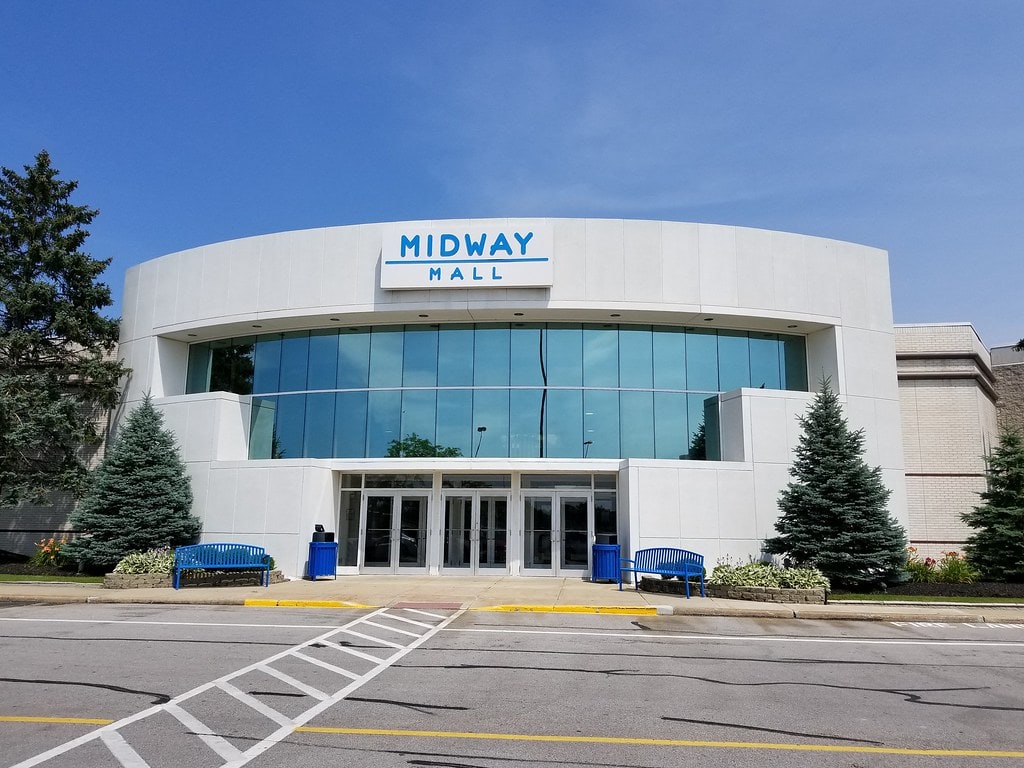
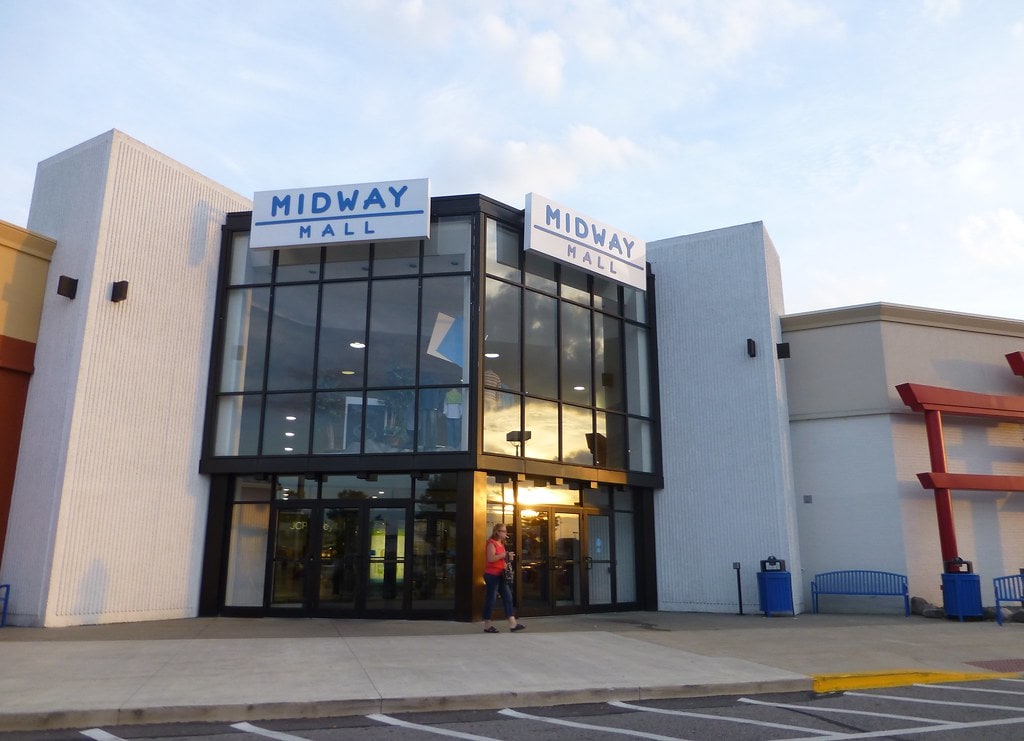
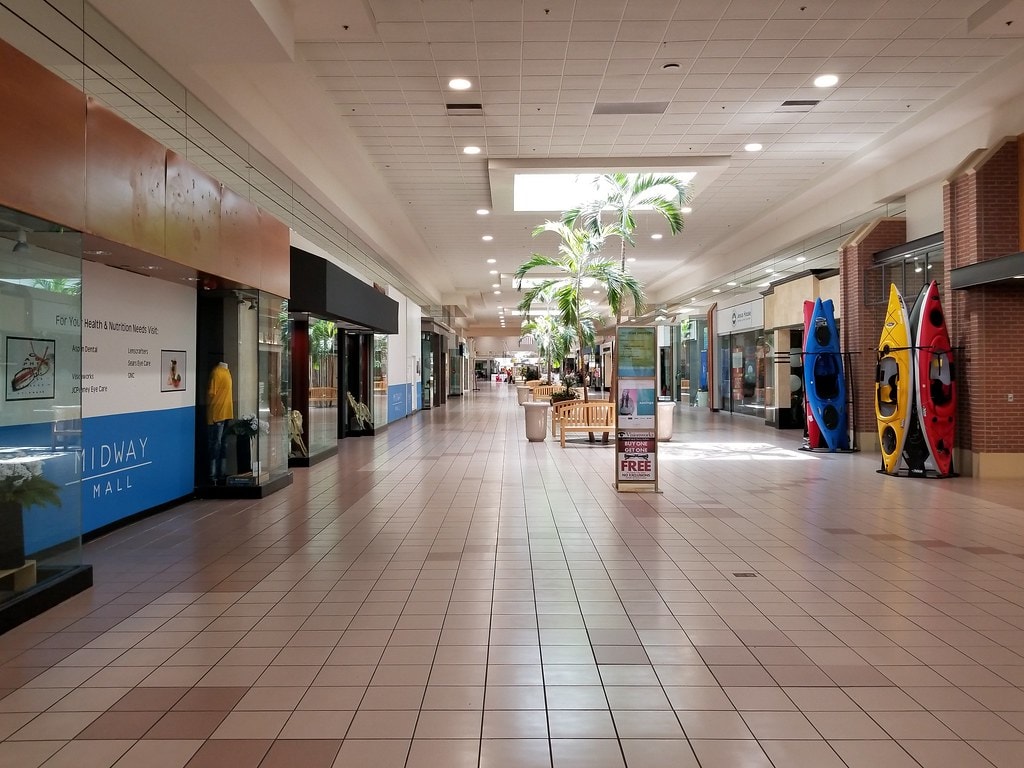
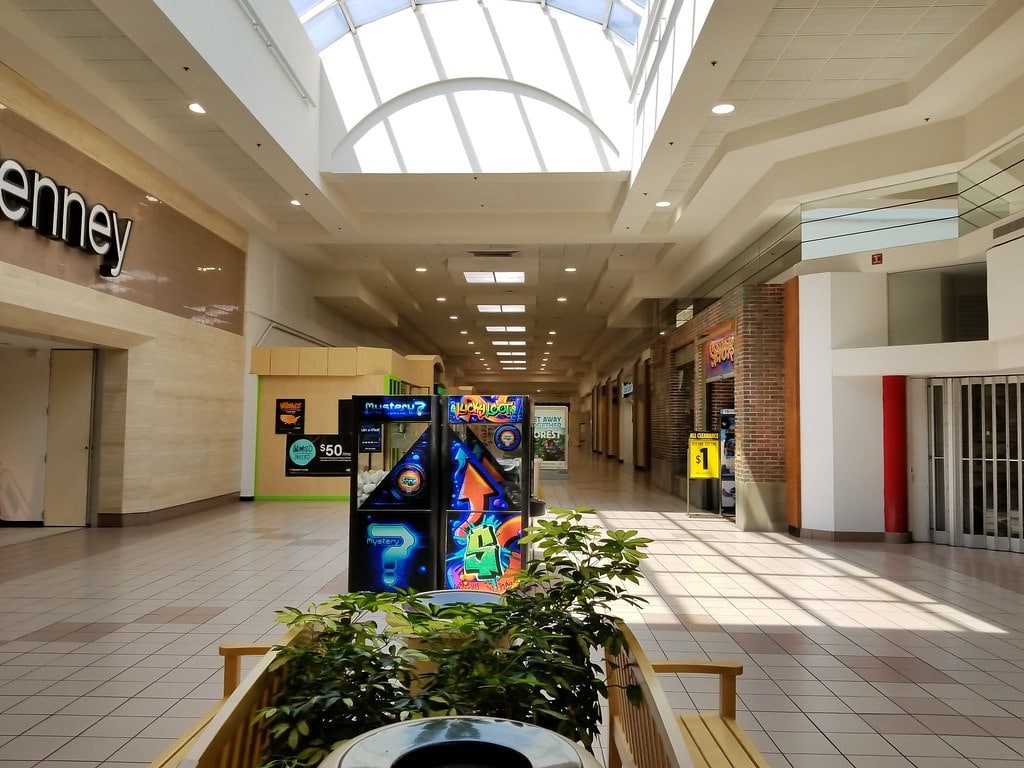
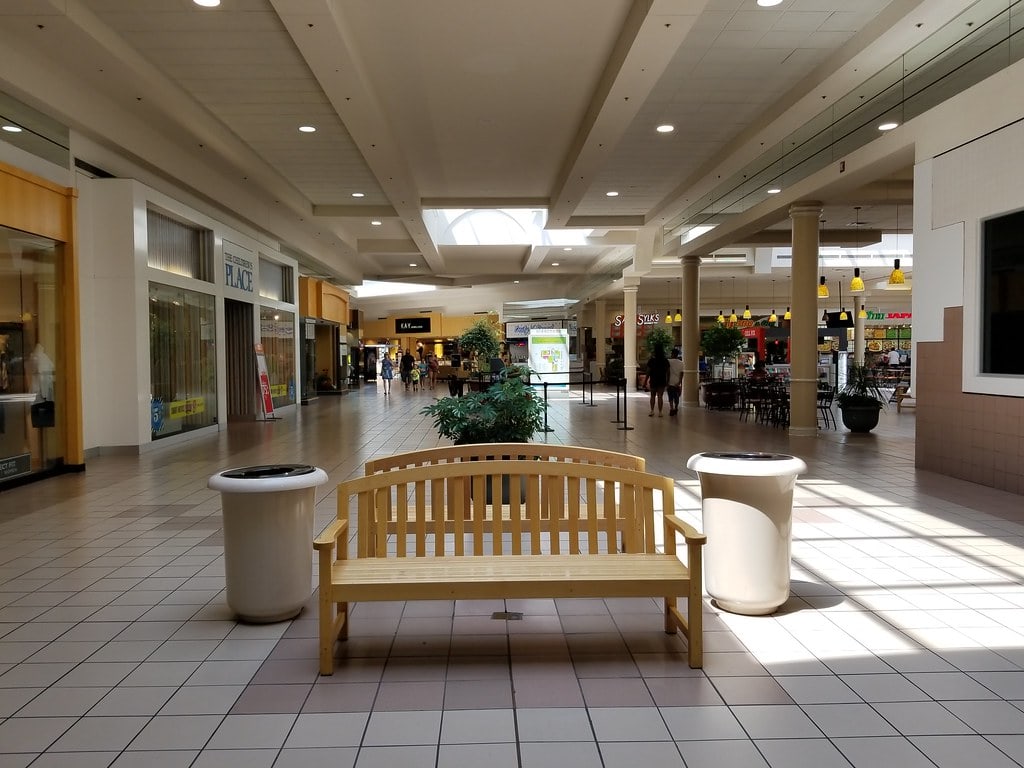
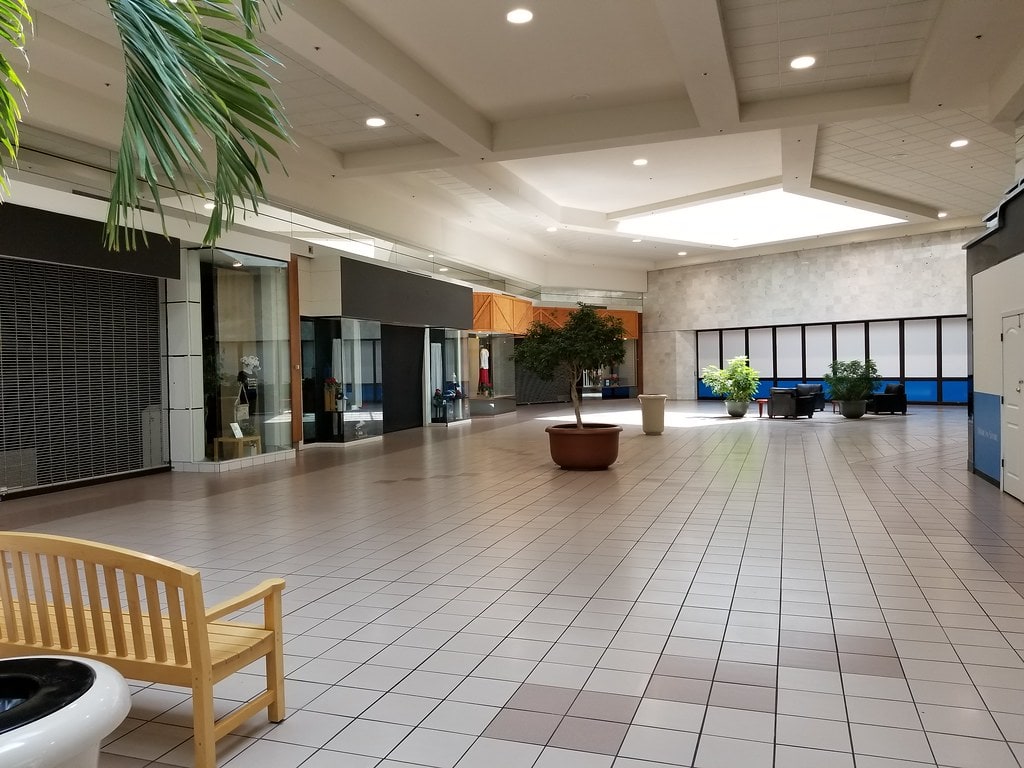
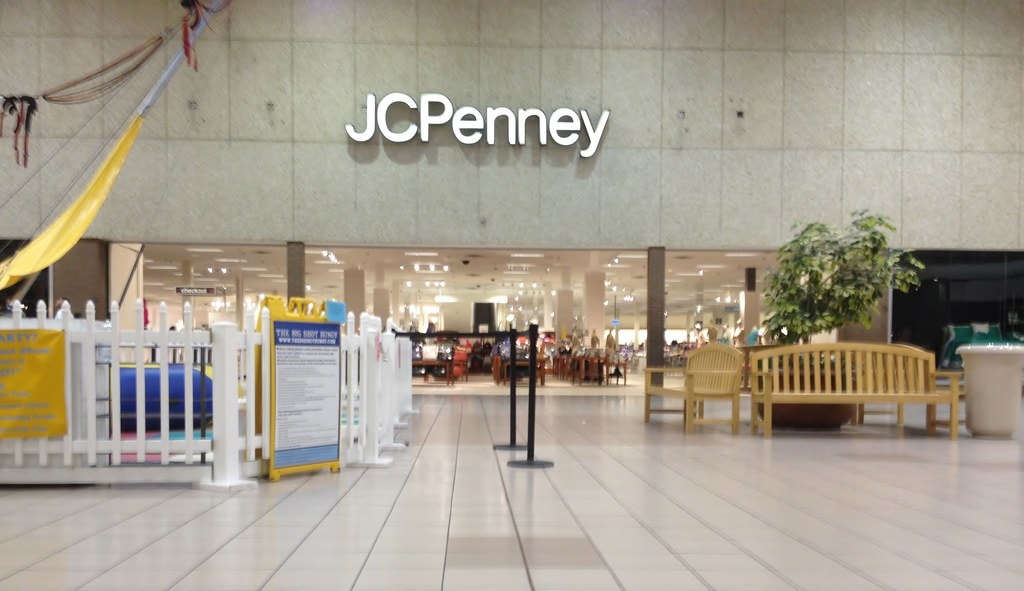
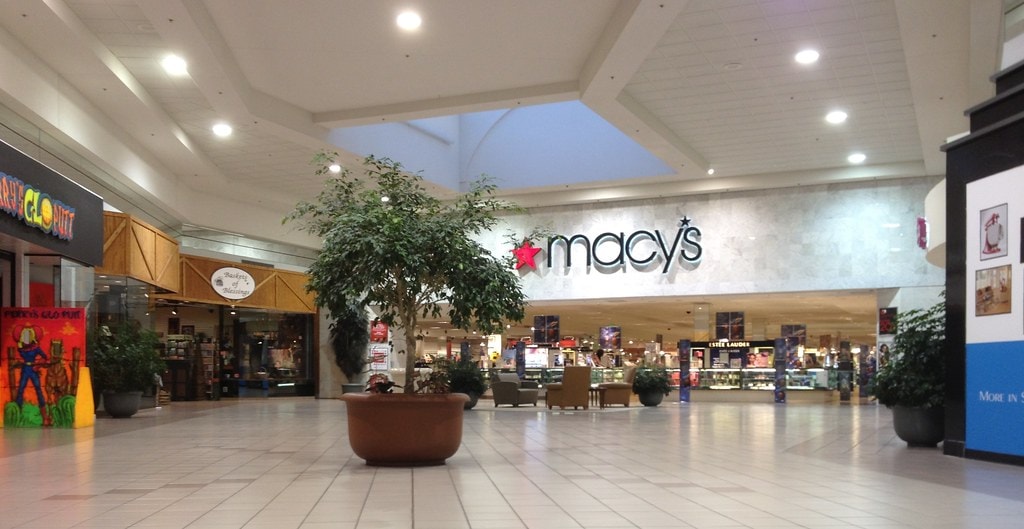
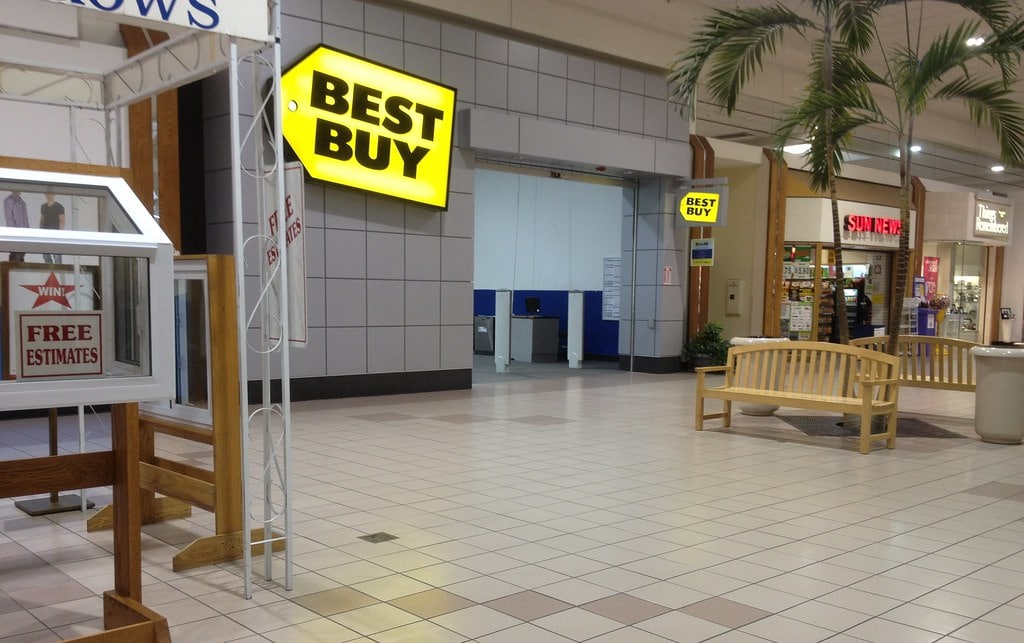
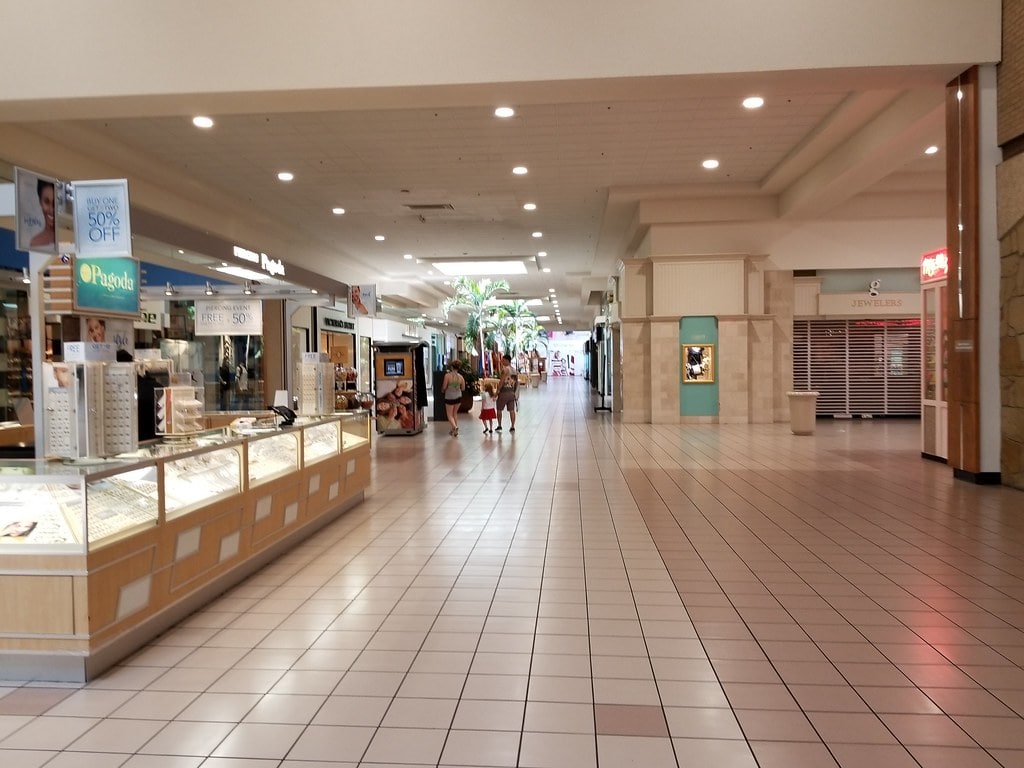
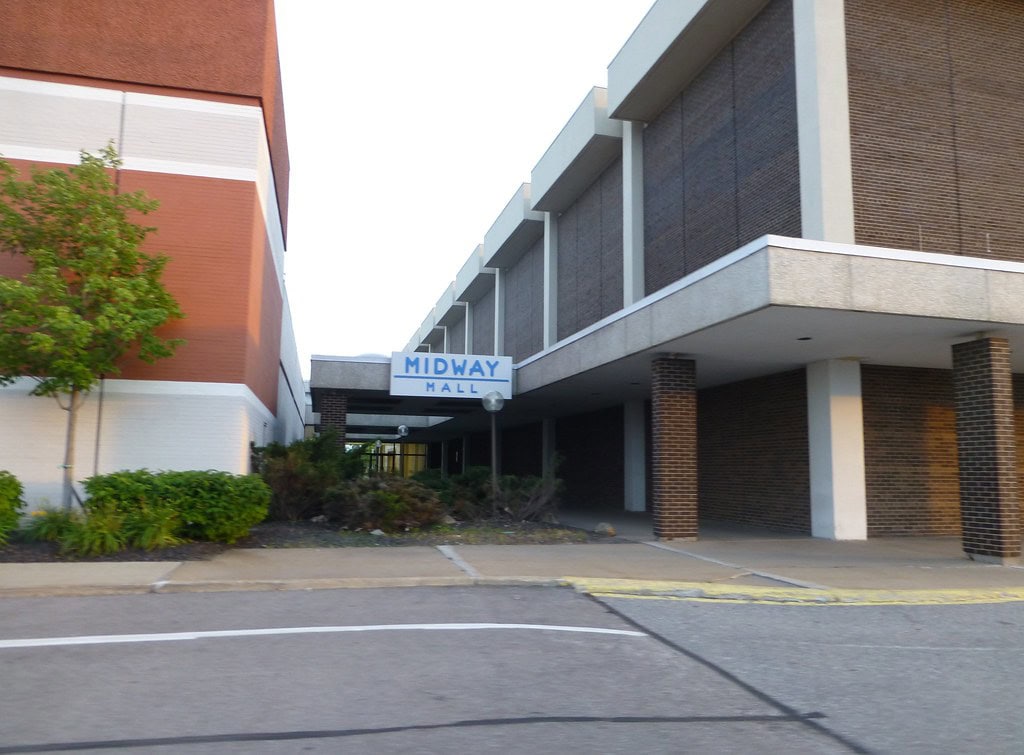
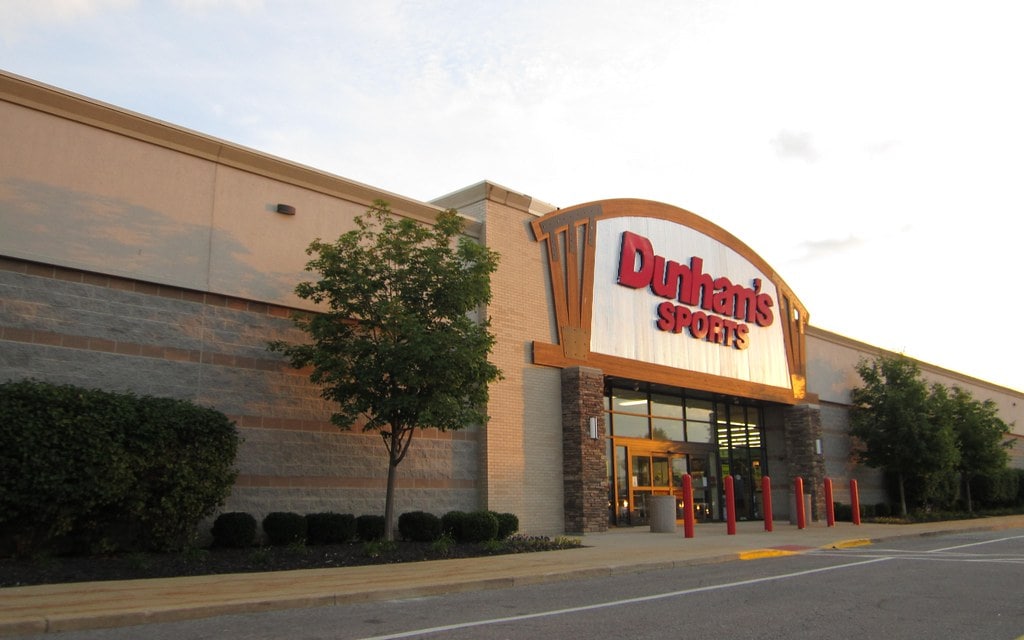
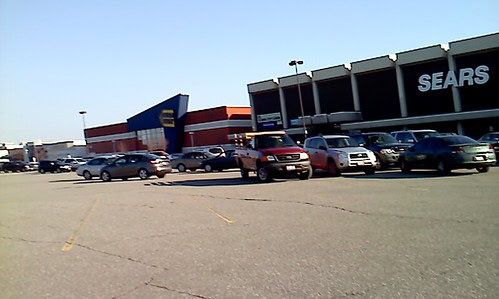
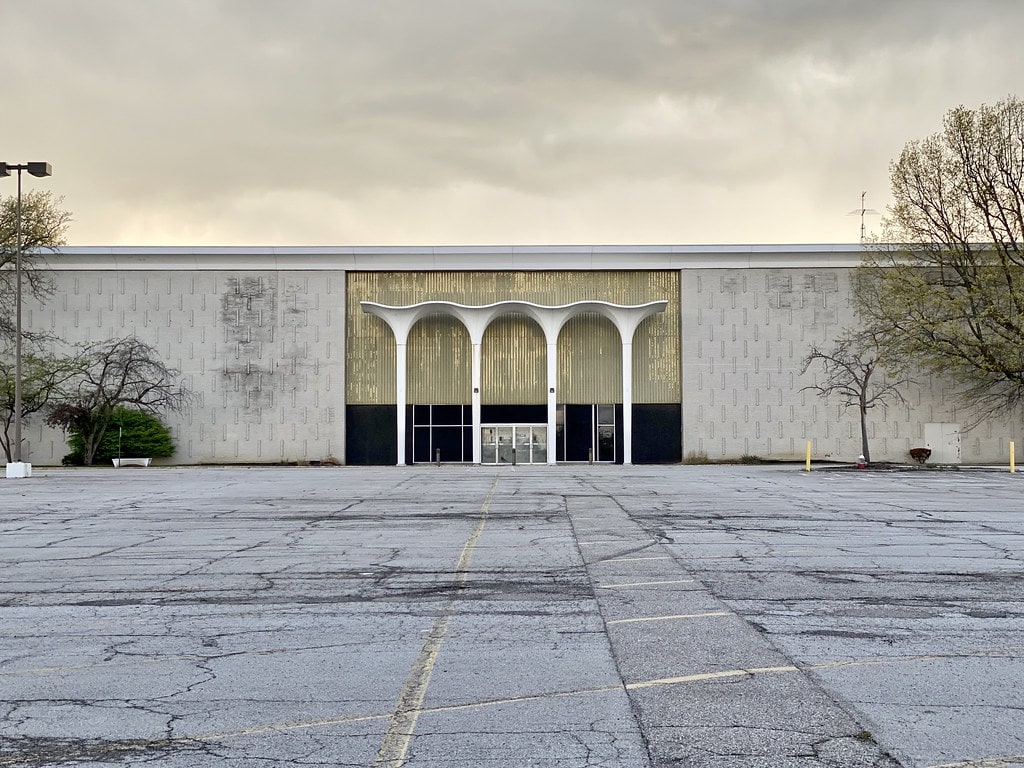
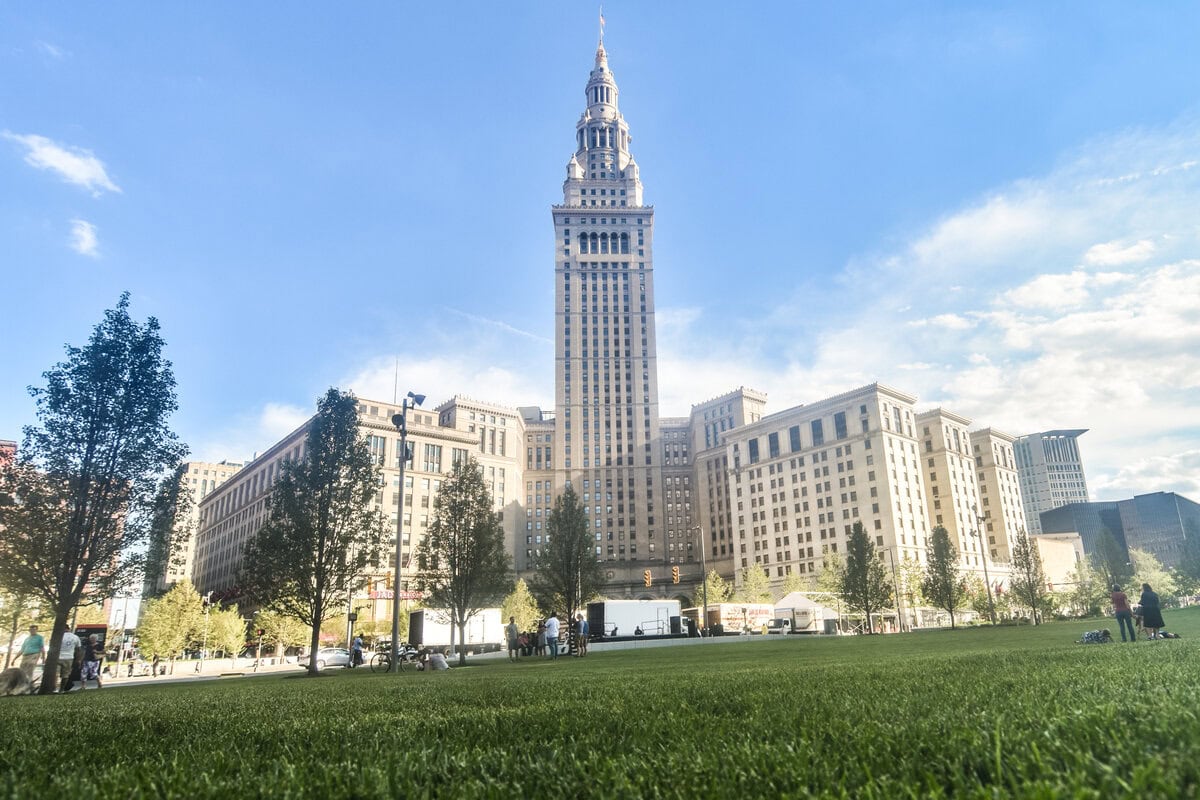
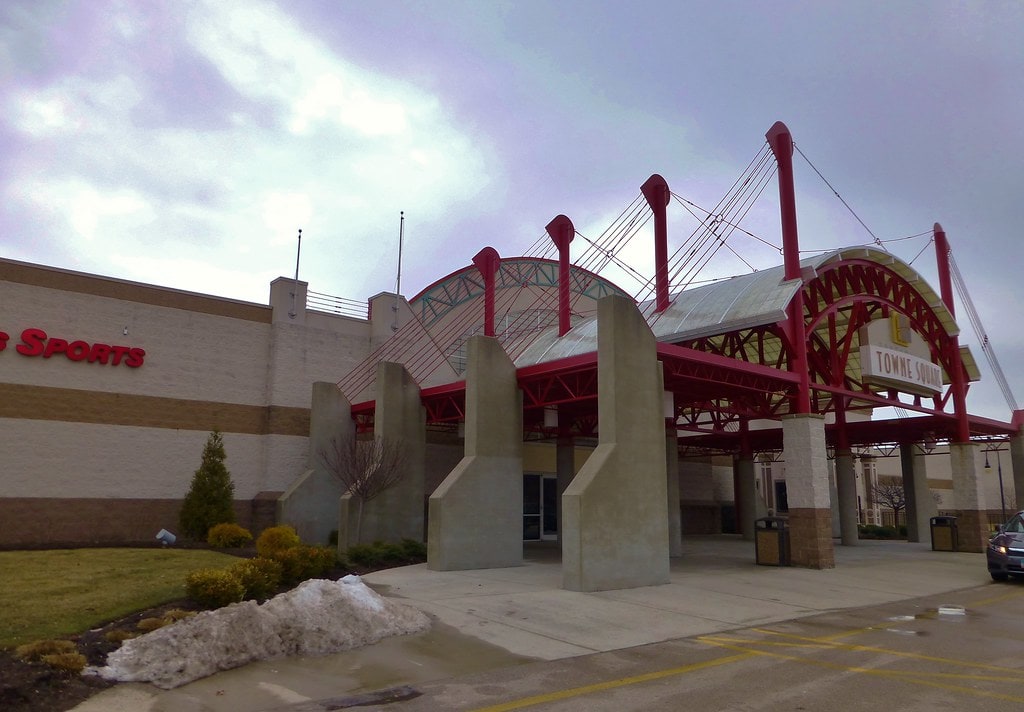
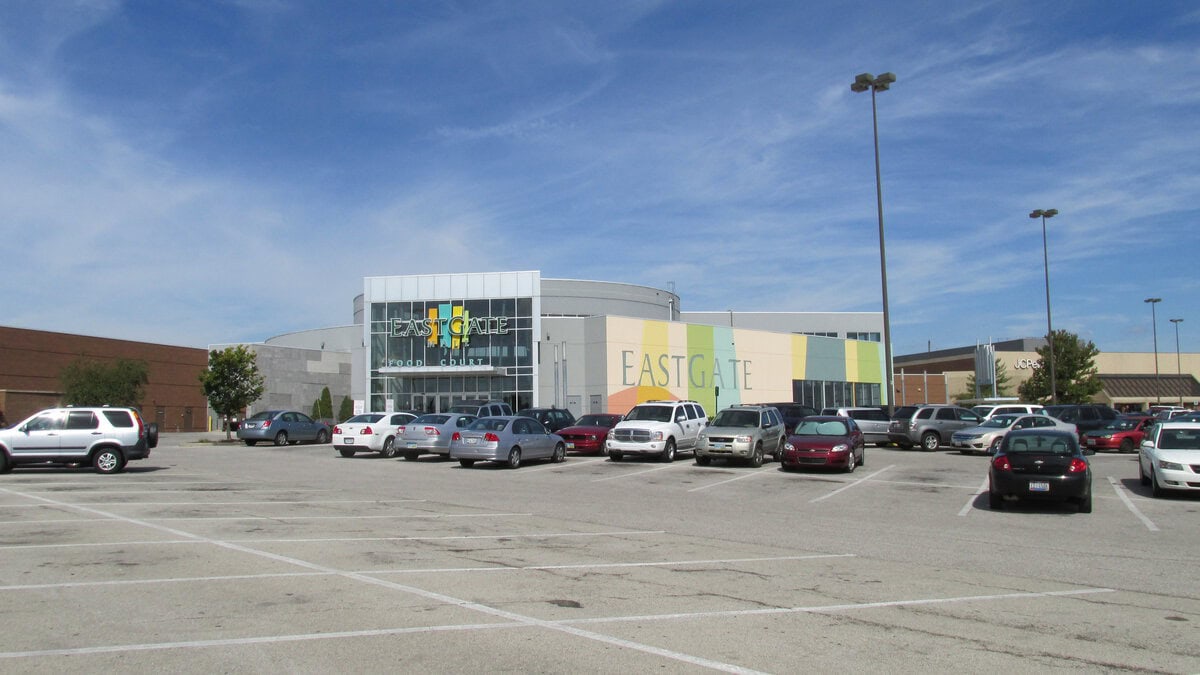
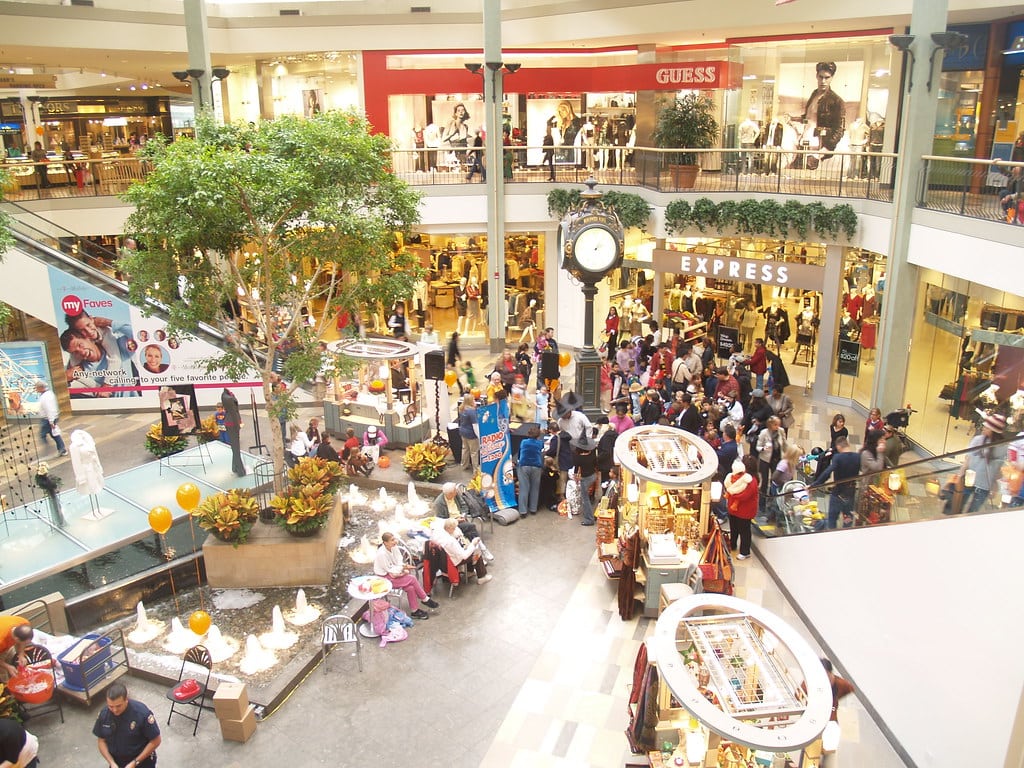
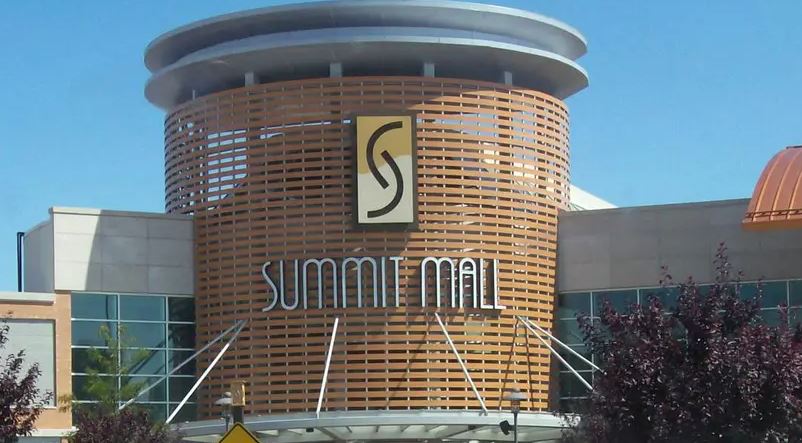
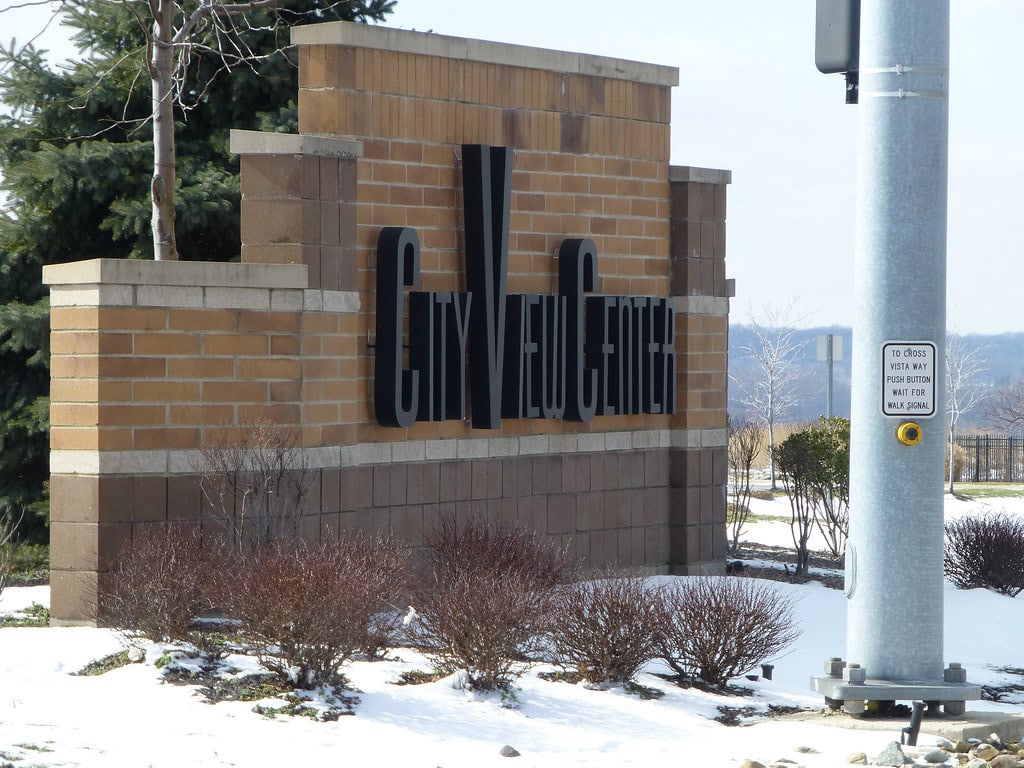
sad and angry about all of this
I'm sorry you're feeling that way. Many share your frustration - this isn't just about real estate, it's about identity, memory, and what we lose when these spaces fade.
What types of health, wellness and industrial businesses do they propose?
As the redevelopment proceeds, more specific tenants and business types should come into view in the development agreement.
AND…is it still on or not..you are using a lot of past tense..nothing sounded positive…
There's risk and uncertainty, absolutely, but the signals so far point to forward movement rather than abandonment.